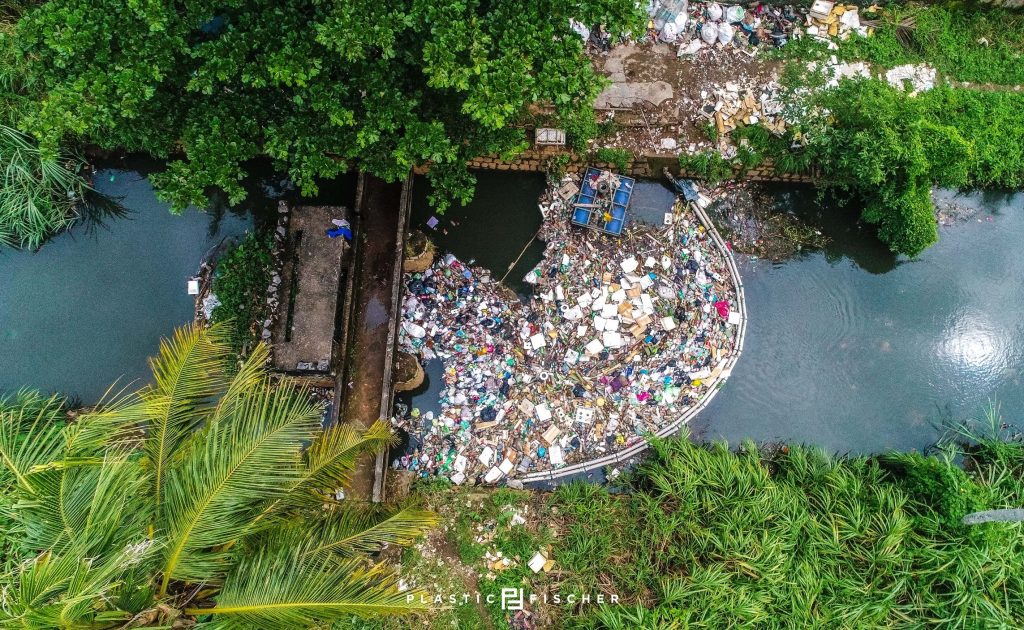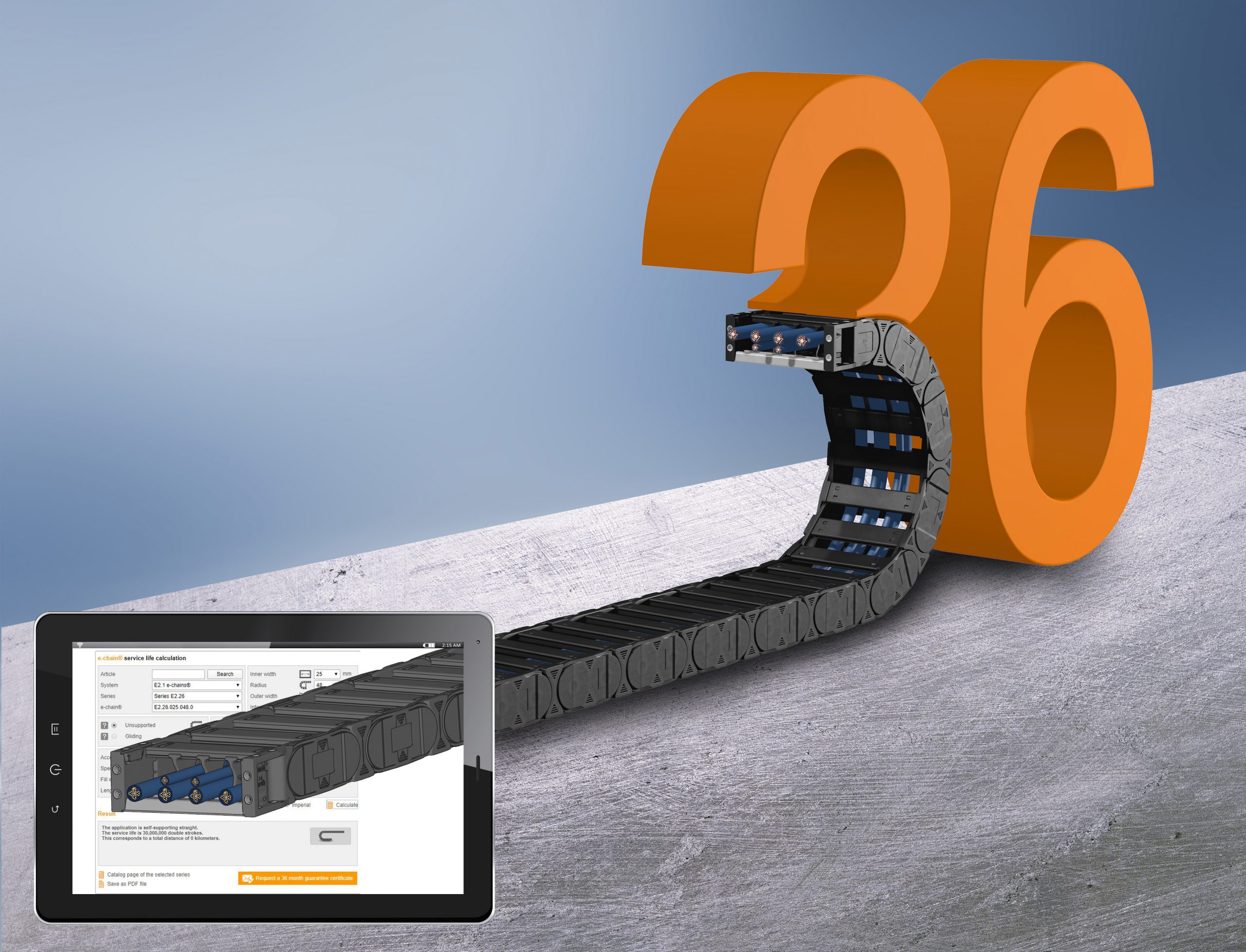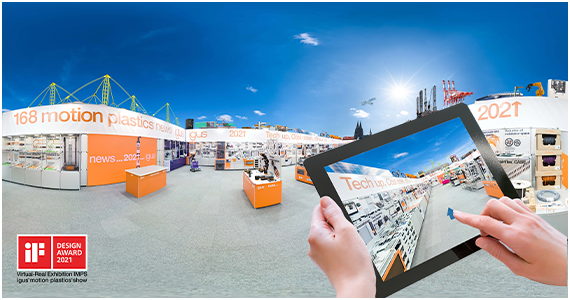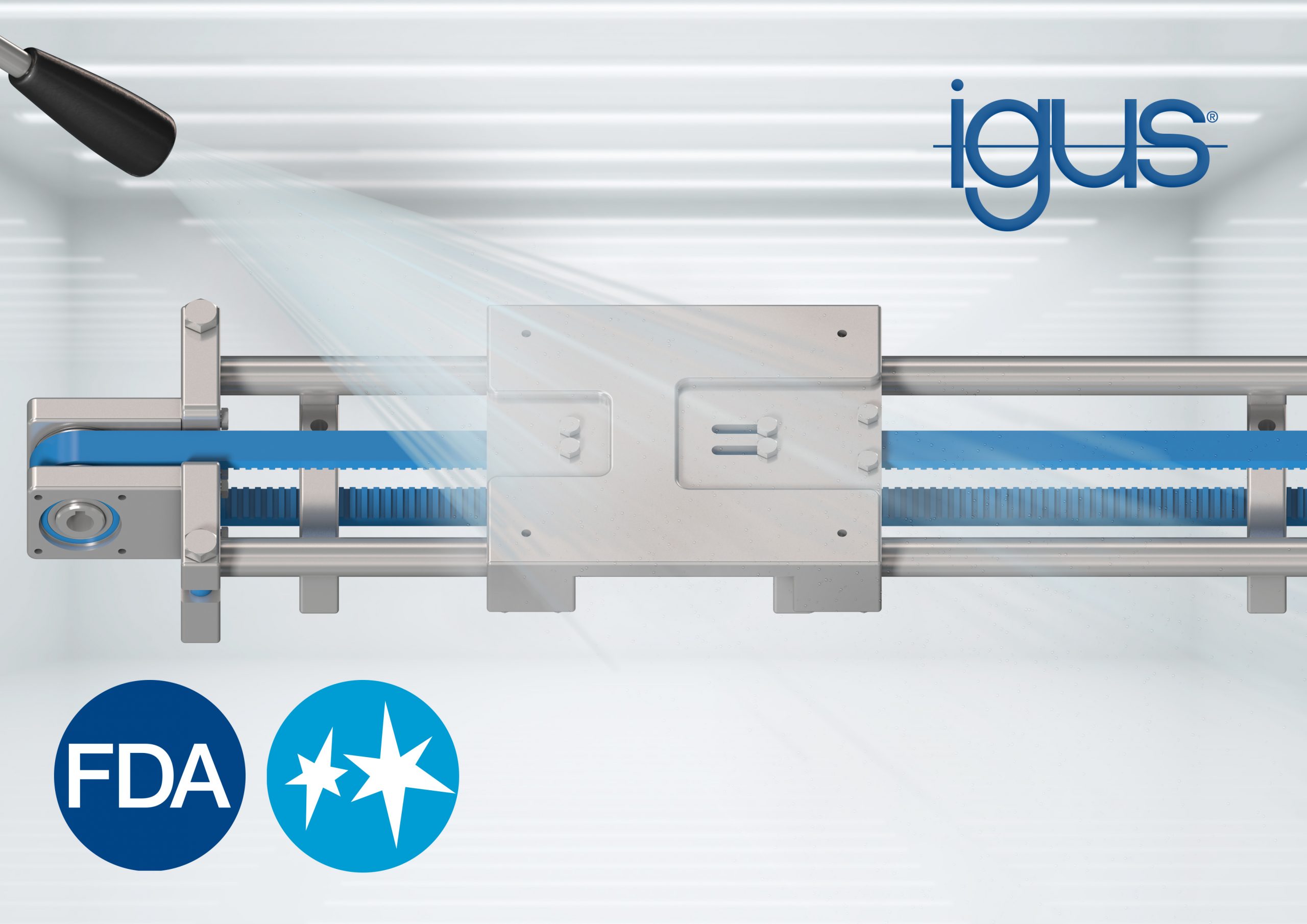Collecting 22,000 pounds of plastic waste: igus supports Plastic Fischer’s initiative
igus finances plastic waste collection in Indian rivers
27 March 2023 – Millions of tons of plastic enter the oceans every year. The majority is flushed from land into the oceans by thousands of rivers. Organizations like Plastic Fischer are trying to counteract environmental pollution with their project. Since 2021, the non-profit has been collecting and processing plastic waste from rivers in India and Indonesia. The river cleaning initiative is supported, among others, by igus, which finances the collection of 10,000 kilograms of plastic waste.
To combat marine pollution and protect biodiversity, the non-profit company Plastic Fischer collects plastic waste from rivers before it can enter the oceans. Plastic Fischer says its approach is 300 times more cost-effective than collecting plastic waste from the ocean. To support this project igus is funding the collection of 10,000 kilograms of plastic waste. As a result, over 3,340 kilograms were collected and processed in Kanpur and Mangaluru, India, in January 2023. This is equivalent to more than 150,000 plastic bags. Since the initiative began, Plastic Fischer has collected more than 520 tons of plastic waste in India and Indonesia.
Another project in Vietnam is already planned. Empower AS also verifies the work to create transparency and ensure that no kilogram is counted twice.
The triple-L approach: local, low-tech, low-cost
Plastic Fischer has developed its own “TrashBooms” for this purpose, built from locally available materials at the point of use. This is a modular system that becomes a floating barrier. It consists of a robust steel frame, tubes as floats, and a galvanized grid that stops the plastic waste. The local team brings the “TrashBoom” to the selected river, anchors the system, launches it into the water, and empties it daily.
With this concept, the non-profit takes a triple-L approach. That is, locally developed (local), low-tech (low-tech), and low-cost (low-cost) solutions are used. Avoiding high-tech imports saves carbon, time, and money and ensures rapid repair and high scalability. It also creates full-time local jobs, boosting the local economy.

New paths to the circular economy
After the waste is collected, it is sorted. Non-organic material, such as plastic and aluminum, is brought to the drying area and then compressed with a manual or hydraulic press to save space and ensure efficient transport to the next destination. All recyclable materials are fed back into the supply chain. However, the majority of the collected plastic waste is classified as non-recyclable. Instead of disposing of it in landfills, it is sent for thermal recycling, which is incinerated and used as an energy source.
To increase the recyclability of the collected plastic, Plastic Fischer is looking for alternative solutions and working with local startups to achieve this.
igus, based in Cologne, has made it its goal to drive forward the circular economy for plastics. To this end, the plastics specialist is developing products from regranulated product waste and 100% recycled material. The igus “chainge” program, launched in 2019, is a recycling initiative for engineering plastics.
igus also supports innovative approaches such as the HydroPRS technology of Mura Technology, a British startup. This new technology converts plastic waste back into crude oil in 30 minutes using only high temperature, water, and pressure.



